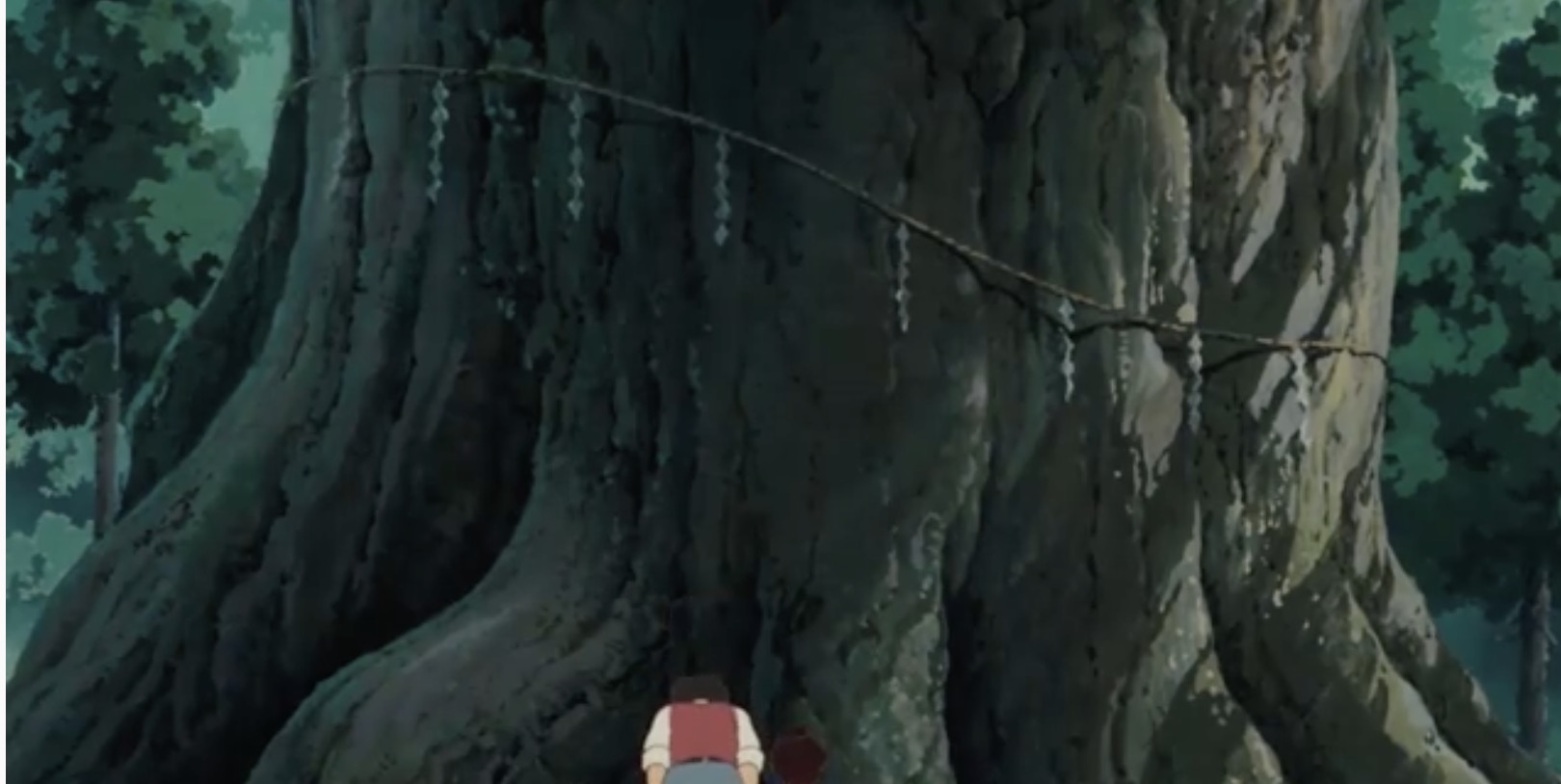
Hayao Miyazaki's My Neighbor Totoro presents us with a world of rural nature seemingly untouched by industrialization and modern ecological destruction. This utopian vision raises critical questions: Is Miyazaki's idea an ecologically romanticized notion, and does it support an idealized, perhaps unrealistic, sustainability? By analyzing sociotechnical imaginaries, we can discuss how Totoro constructs a nostalgic but perhaps aspirational environmental imaginary.
The concept of sociotechnical imaginaries, as Jasanoff and Kim (2013) have elaborated it, defines collectively held, institutionally stabilized, and publicly performed visions of desirable futures as they are conditioned by the co-interaction of society and technology. In My Neighbor Totoro, Miyazaki constructs an imaginary that juxtaposes technological modernity with an enchanted, harmonious natural world. This imaginary is not, however, merely nostalgic; it suggests an alternative environmental ethos, one where nature and human life are inextricably interlinked rather than opposed.
The film's depiction of nature resonates strongly with Shinto beliefs in kami inhabiting natural features such as trees, rivers, and mountains. The big camphor tree that is home to Totoro can be equated with the Goshinboku (sacred tree), which in Shintoism represents a divine presence and commands respect from the local community. Breen and Teeuwen (2010) describe that such sacred trees offer a spiritual connection between human beings and nature, and they sustain the belief in the sacredness of nature and its conservation.

Miyazaki's environmental ethos is not to present nature as a passive background but as an active, almost sentient presence that affects the lives of those living within it. While My Neighbor Totoro evokes a longing for a simple, nature-loving lifestyle, it also provokes a rethinking of whether such a lifestyle is feasible in modern society. Can the countryside really be more sustainable than the city, or does this fantasy obscure the reality of rural life today? Inspired by Shinto for its environmental imagination and socio-technological commentary, Totoro invites viewers to rethink their relationship with nature, not as spectators but as participants in its governance.